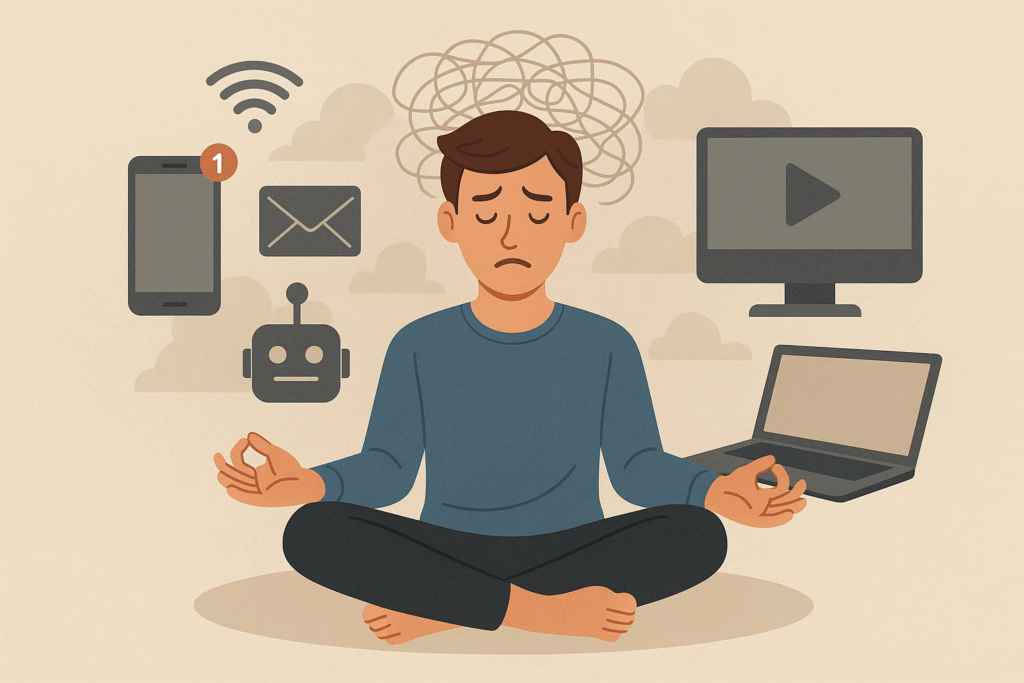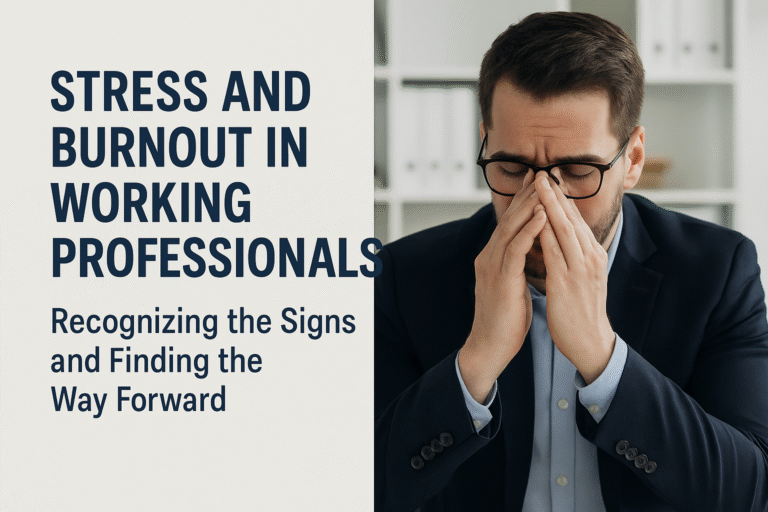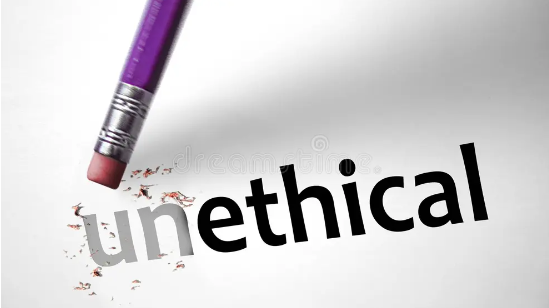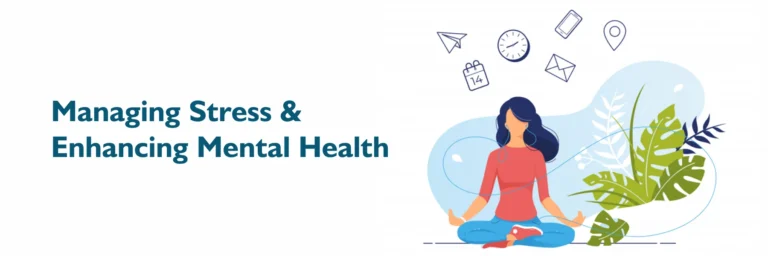
Introduction
From virtual meetings to AI-powered tools and social media feeds, our lives are more connected than ever. While technology brings convenience, the constant digital stimulation has a hidden cost: stress, poor focus, and declining mental well-being.
The Mental Health Impact of Tech Overload
- Information Overload: Constant news alerts and updates overwhelm the brain, leading to mental fatigue.
- Reduced Attention Span: Frequent device switching lowers concentration levels.
- Sleep Disruption: Late-night scrolling and screen light affect natural sleep cycles.
- Work-Life Blur: With remote work, “logging off” feels impossible, increasing burnout.
The Role of AI
Artificial Intelligence tools speed up workflows but can also create pressure to keep up, causing:
- Fear of being replaced.
- Overdependence on automated systems.
- Increased screen hours for productivity.
Digital Detox Strategies
- Create Tech-Free Zones: Keep devices out of bedrooms and dining areas.
- Limit Notifications: Disable non-essential alerts.
- Practice Mindful Usage: Track your daily screen time and adjust.
- Schedule Offline Time: Dedicate 30–60 minutes a day to walks, hobbies, or socializing without gadgets.
- Weekend Detox: Choose one day to reduce social media and work emails.
Conclusion
Technology isn’t the enemy — imbalance is. Practicing digital detox helps you recharge mentally and physically.



